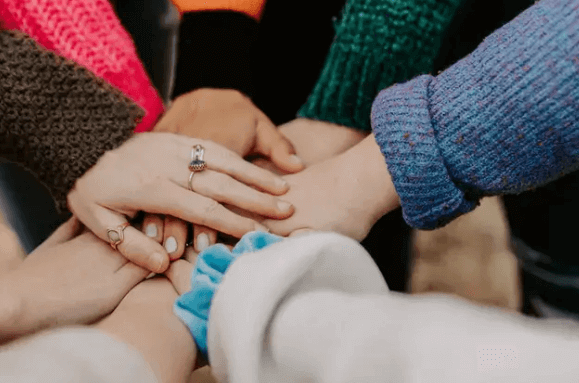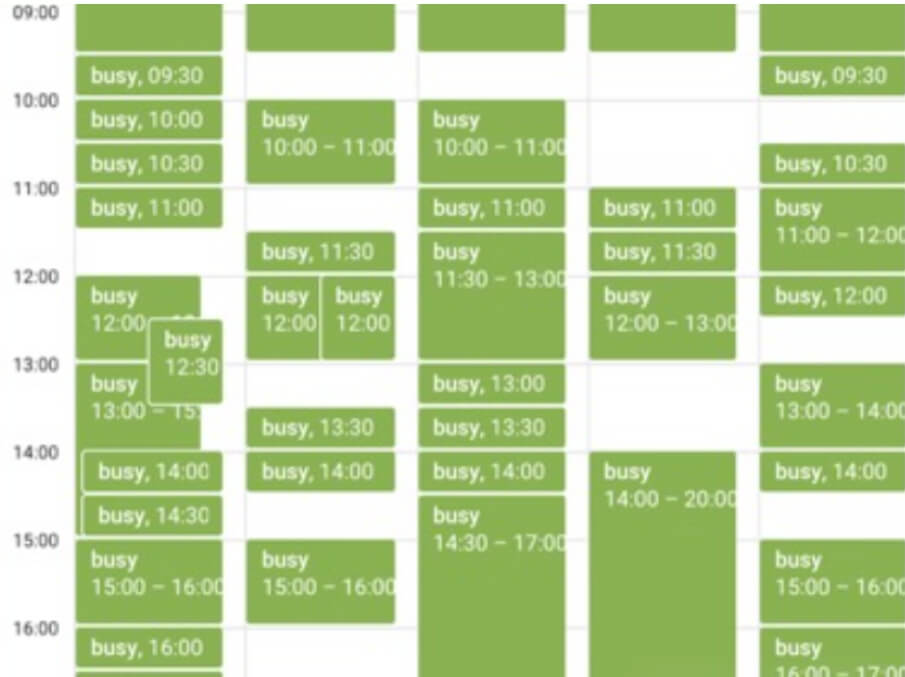In the workplace, managing interpersonal relationships is often a complex skill. The ideal professional relationship should be built on cooperation and mutual respect, reaching a balance of being “more than acquaintances, but not quite friends.” In this article, the author shares personal experiences and explores how to establish healthy, effective workplace relationships.

Last night, I stumbled upon a short video titled “Workplace Secrets,” and the description was quite provocative: "There are only two paths in the workplace: promotion or get out."
Hmm, it sounded somewhat reasonable, so I kept watching: "Promotion and career growth may seem like many roads leading to Rome, but in reality, there's only one path—become the boss’s confidant."
Upon reflection, something felt off.
My initial reaction was to disagree, as I've never been anyone's “confidant” throughout my career, and yet I've done quite well.
My second thought was: that's pretty arrogant.
Can one just decide to become a "confidant" that easily?
And my third thought: this author clearly doesn’t understand how young professionals think nowadays. If you still try to manipulate people like this in today’s workplace, your so-called “confidants” are just as likely to hand in their resignation letters instead.
So, if the healthy career path isn’t like that, then what should it be?
My Philosophy: More Than Acquaintances, Less Than Friends
I'll get straight to the point. After years of experience, my key takeaway is simple: be more than acquaintances, but not quite friends.
First, you need to become familiar with your upstream, downstream, and cross-functional colleagues.
By "familiar," I mean two things:
On the one hand, it’s about being well-versed in workflows and mechanisms, so that you can cooperate efficiently with others to get your tasks done.
On the other hand, to collaborate more smoothly and even enjoyably, it helps to understand the likes and dislikes of your key partners. It’s good to have a few shared topics or hobbies outside of work, like celebrities, food, games, or tech gadgets.
By "not quite friends," I mean maintaining boundaries and being self-aware.
When talking about non-work-related topics, feel free to chat if it’s appropriate, but stop when it’s not. The primary goal is to work together happily and achieve good results.
But don’t expect to become close friends with others, nor dream of being favored by a leader, joining a special inner circle, or receiving exclusive support.
Now, don’t rush to argue with me just yet.
In reality, sure, there are workplace friendships and confidant relationships with bosses—I’ve seen and experienced them myself.
But for most people, it’s neither possible nor desirable.
The Paradox: The Less You Chase, The More It Comes
Here’s the interesting part.
The more you don't chase something, the more likely it is to come to you.
Maybe I’ve just been lucky. Over the past 10-plus years, in nearly every company I’ve worked at, I’ve had leaders who appreciated me—sometimes even senior leaders.
I’ve shared in a previous article how, many years ago, I was in financial trouble after buying a house. I asked my former boss to lend me 50,000 yuan, and he wired me 100,000 instead—without asking when I’d pay it back.
When I returned the money, he even asked, "Are you really okay now? Do you need me to lend you another 100,000?"
In every company I’ve worked for, I’ve made good friends who I still catch up with after leaving.
In fact, I even met my girlfriend (now wife) in the workplace.
Ultimately, whether it’s a superior-subordinate relationship or a peer relationship, the most important thing is being able to work together and get things done.
After all, we’re all working to deliver good results, earn performance bonuses, and support our families. At the same time, we also want to work with reliable and even somewhat interesting people who can ease the daily grind.
So, as long as you are reliable at work and open and honest in life, you’ll naturally attract like-minded people.
These people might be your leaders or your peers.
The Core of Workplace Relationships: Attraction Through Authenticity
This brings us back to the core of workplace relationships: high-quality relationships are built by attracting people through dependable work and authentic self-expression.
Essentially, it’s a process of “filtering.”
You filter out those who are not a good fit and attract those who are—simple as that.
This logic applies to both workplace and romantic relationships.
Here’s a side note: there’s an old debate about whether you should look for people with similar personalities or complementary ones.
My answer is: both can work, and neither is essential.
Because the key to relationships is “mutual attraction”—being drawn to someone because you find them interesting and are willing to invest time and energy into the relationship.
Whether personalities are similar or complementary, both can add to a good relationship. Similar ideas bring joy, and differing ideas bring surprises. That’s the key.
The Problem with “Confidant” Logic
When you reexamine the workplace "secret" mentioned earlier, you’ll see it has nothing to do with attraction or filtering. Its core logic is “establishment.”
The essence of “establishment” is “I want.” I want to achieve XX goal. I want to build a relationship with so-and-so. I want to become someone’s confidant.
I won’t dwell on the selfishness of this logic, since it’s natural for people to prioritize their own interests.
But the biggest problem with this approach is its arrogance.
It assumes you can control others and ignores your own genuine desires. The end result is often a backfire.
Who do you think you are? Being a “confidant” isn’t something you can just manage into existence.
The Real Essence of Good Relationships
In reality, if your work is reliable and your ideas resonate, you’ll naturally connect with your superiors.
To outsiders, this might look like being a “confidant.”
But this kind of cooperative relationship is built on mutual respect and a sense of shared goals—like being in the same trench in battle. It’s fantastic.
However, this type of collaboration is fundamentally different from the master-servant, secretive “confidant” relationship.
The distinction is simple: two key words—openness and transparency.
Conclusion
After 18 years in the workplace, my ideal professional relationship can be summarized in the phrase: “more than acquaintances, less than friends.”
The next generation is starting to reshape workplace culture, which is a positive change. I hope that with new perspectives, our workplace relationships can become healthier, more comfortable, and focused on effective collaboration and achieving better results.






